|
.png)
Poster Abstracts Due Wednesday
Share your work in 3-minutes or less during the poster session that will take place on February 18th during our virtual
riparian restoration conference!
All are welcome to submit a poster.
In an effort to emulate the poster concept as much as possible, presenters should create a single slide containing all
information. Posters are being accepted on a first-received and topic-specific basis and will be limited to 20 presentations.
Student Poster Session Contest
Attention Students! Participate in our Student Poster Session Contest for your chance to win a cash scholarship.
During our virtual poster session, attendees will judge student posters/presentations and vote on their choice for the top three posters.
First, second, and third place winners will receive a cash scholarship of $150, $100, and $50 respectively.
To encourage continued student development of not only their research but also their ability to present virtually, the contest will be exclusively for students.
Thanks to our conference sponsors, presenting students will not have to pay a registration fee to present.
Virtual Field Trips & Workshops
Along with a packed
agenda, this year's conference also features unique and interactive virtual workshops and field trips! See below for more details and snag the early bird registration
discount before it ends on February 1st.
See below for workshop and field trip details.
A Climate-Smart Approach to Riparian Restoration & Revegetation
There is an increasing need to design and implement ecological restoration projects within the context of climate change
and uncertainty about future conditions. Restoring ecological communities through revegetation provides one avenue that practitioners can use to evaluate and address potential climate impacts and associated vulnerabilities in ecological restoration projects.
This workshop will provide an overview of Point Blue’s climate-smart restoration framework and demonstrate how it can be used to inform the planning and design of riparian revegetation
and restoration projects, drawing on examples from various riparian and wetland systems in California. Participants will learn how the concepts and principles in the framework can be applied to develop a climate-smart planting palette tailored to their local
geography and restoration sites. This climate-smart planting palette approach can inform the design of revegetation projects that explicitly address climate change while also achieving additional restoration goals.
Participants will leave the workshop with an understanding of the key concepts and principles of climate-smart restoration
and step-by-step guidance as to how they can develop their own climate-smart planting palette database tool for climate-adaptive riparian revegetation projects.
Mycorrhizal Fungi & Restoration in the Southwestern US
Most plants benefit from associations with mycorrhizal fungi that inhabit plant roots and improve plant resiliency in exchange
for photosynthate. The abundance and diversity of mycorrhizal fungi can be altered by disturbances including fuel reduction activities, fire, drought, tree mortality, invasive vegetation, site history, climate change, and grazing.
In this workshop, you will explore what is known about:
1) interactions between various types of disturbance and mycorrhizal fungi, 2) how restoring mycorrhizal fungi can support
native vegetation and the wildlife it harbors, 3) when restoration projects should consider reintroductions of native mycorrhizal fungi in tandem with native plantings, 4) factors to consider in pairing native vegetation, mycorrhizal fungi, and local site
conditions, and 5) the most feasible technique for mycorrhizal restoration.
The workshop will focus on mycorrhizal fungi that inhabit plant roots but will touch briefly on other types of native fungi
that restoration and land management practitioners may also want to consider in their planning. The workshop will include short talks and discussions, a demonstration of the easiest mycorrhizal restoration method, and prepare land managers to collaborate with
mycologists and implement the best techniques for their own restoration projects.
Our monitoring workshop will focus on all things monitoring and will attempt to be a “hands-on” experience for attendees,
despite the fact that the setting will be anything but hands-on! Initial presentations will encompass not only the need for monitoring, but design and implementation suggestions for rapid and long-term vegetation monitoring.
Other videos and presentations will focus on developing monitoring protocols for bird communities, conducting tamarisk
beetle monitoring, and utilizing technologies like UAVs and LiDAR to enhance monitoring opportunities. The use of handheld tablets for remote collection of field data will be demonstrated, as will the development of easy-to-use GIS tools, like drop-down menus,
to support simplified field data collection. We will also tackle the often project-controlling factor of how to fund monitoring. We will have a small panel discussion carried by long-term monitoring funders as well as subsequent funding-focused conversation.
Finally, a discussion based on the monitoring needs of southwestern willow flycatcher, their habitat, and the movement
of tamarisk beetle populations, will serve to both summarize the morning’s presentations as well as chart a path for such monitoring efforts moving forward.
Cameo Post-Fire Vegetation Restoration & Lessons Learned
In the spring of 2018, 25 acres of federal land burned along the Colorado River near Cameo, Colorado.
During this virtual field trip, Melissa Werkmeister, Kyle Alstatt, and Cory Lidberg from the Bureau of Reclamation will
discuss their challenges, restoration goals, weed control and revegetation methods, as well as the monitoring and maintenance plans for the area.
Fire Preparedness and Post-Fire Reclamation within JMR-Colorado River State Park
During this virtual field trip, Pete Firmin with Colorado Parks and Wildlife will discuss the complementary roles of fire preparedness and habitat improvement as well as post-fire management
considerations and reclamation efforts within James M. Robb-Colorado River State Park. Pete will also discuss the challenges and innovative solutions associated with post-fire reclamation (including integrated weed management and active or passive reclamation
efforts) and how to integrate non-traditional partners in habitat improvement, specifically as it relates to fuel reduction/defensible space in the wildland-urban interface.
Pine Gulch Fire Impacts and the Work that Goes into Suppression, Repair, and Restoration
In this video, staff from the Grand Junction Field Office Bureau of Land Management (GJFO), discuss the Pine Gulch Fire.
The Pine Gulch Fire started on July 31, 2020, and burned 138,642 acres. Manual, mechanical, and aerial fire fighting tactics
were used to help bring the fire under control nearly two months later. The fire burned through timber, shrublands, grasslands, and riparian areas. GJFO staff will discuss the pre-fire condition, fire activity, fire burn severity, suppression activities, impacts
to the landscape and riparian areas, suppression repair, and restoration.
The early bird discount ends February 1st!
|
|
Registration Type
|
Early
(before 2/1/2021)
|
Late
(after 2/1/2021)
|
|
Members
(15% discount for members
who give $120 and above)
|
$110
|
$136
|
|
Non-Member
|
$130
|
$160
|
|
Student
|
$40
|
$60
|
|
One Day
|
$60
|
$60
|
Scholarships are available!
Continuing Education

The Wildlife Society:
Conference attendees are eligible to receive a maximum of 18 Continuing Education Units (CEUs) in Category I of the Certified Wildlife Biologist® Renewal/Professional
Development Certificate Program.
Partner with us at the leading riparian restoration conference in the West.
Your sponsorship will directly support all aspects of the conference - from scholarships for students and networking events
to the cost of the online hosting platforms and staff capacity.
Willow Sponsors ($1,000) and above receive complimentary registration(s).
Thank You to our 2021 Virtual Conference Sponsors:
R I V E R C H A M P I O N S P O N S O R S
C O T T O N W O O D S P O N S O R S
W I L L O W S P O N S O R S
S E E D L I N G S P O N S O R S
|
|
|
![]()
.png)







.PNG)
.jpg)
.jpg)
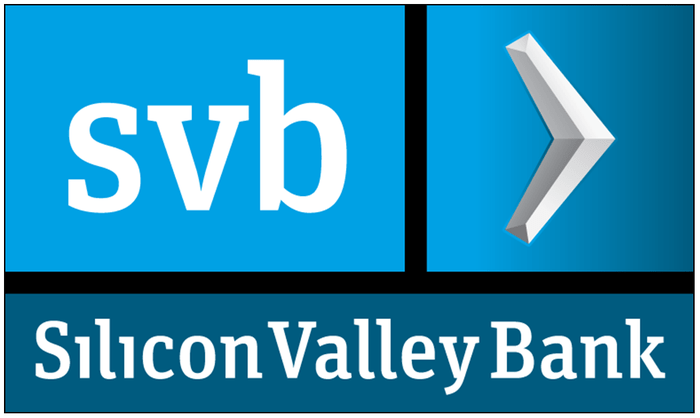
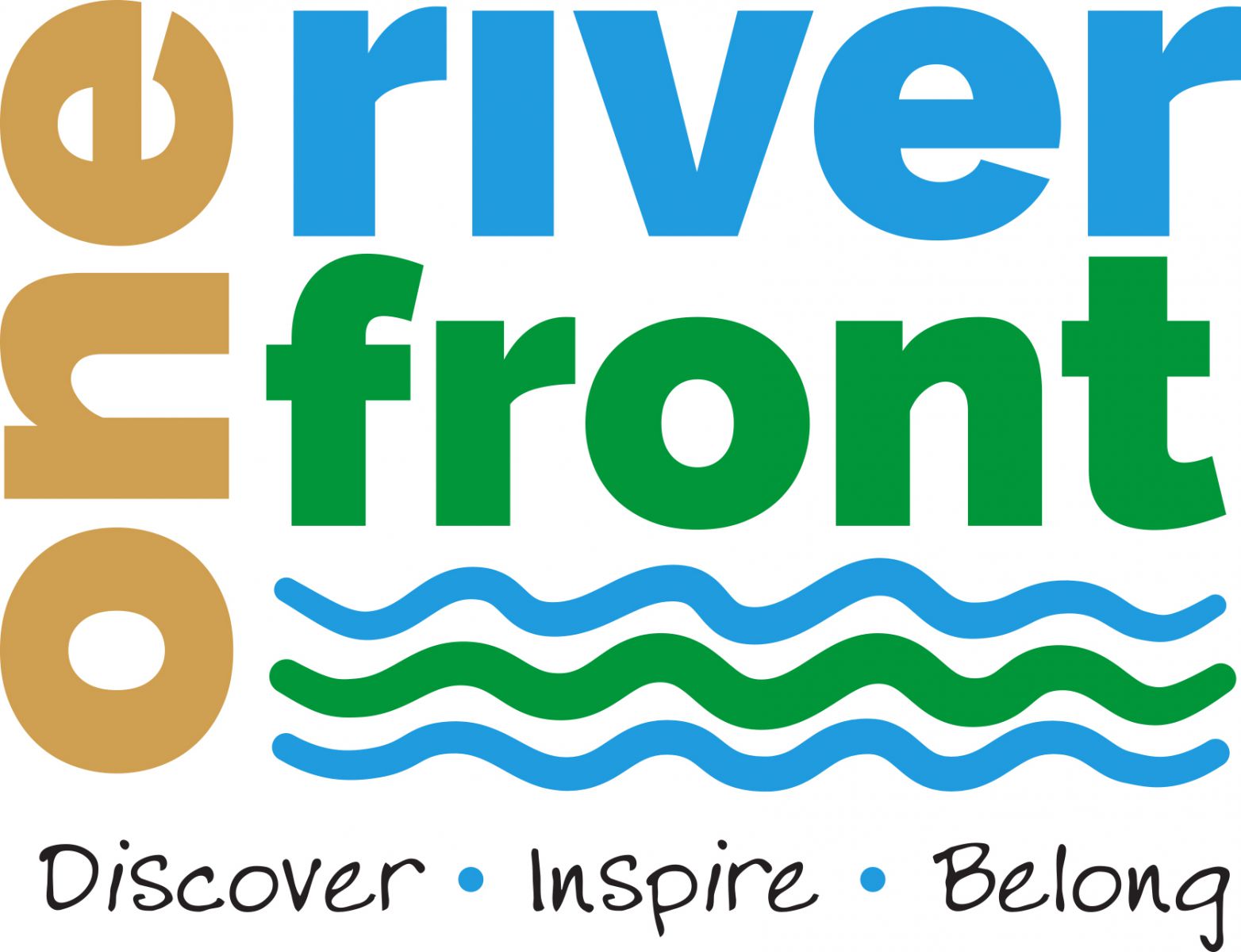
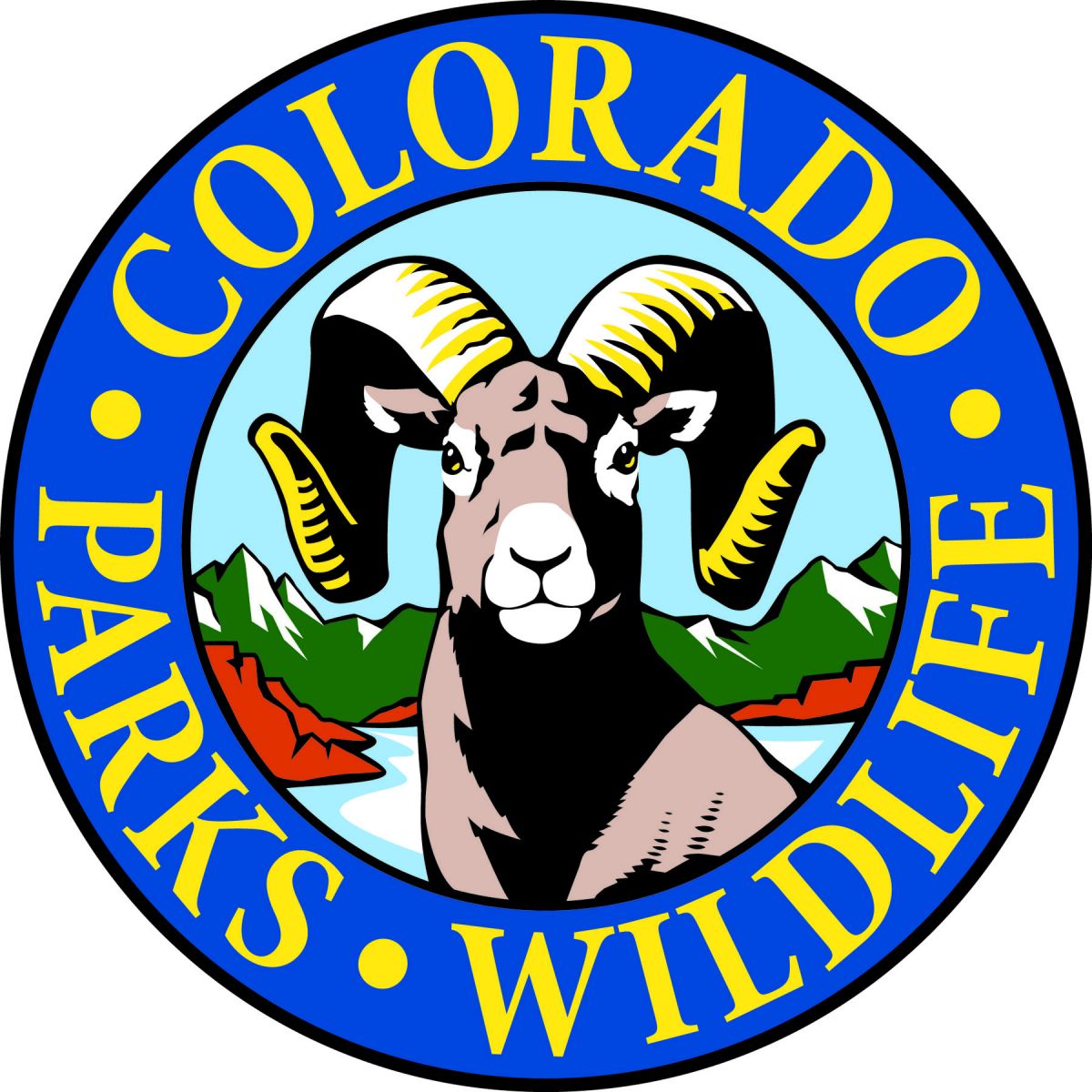
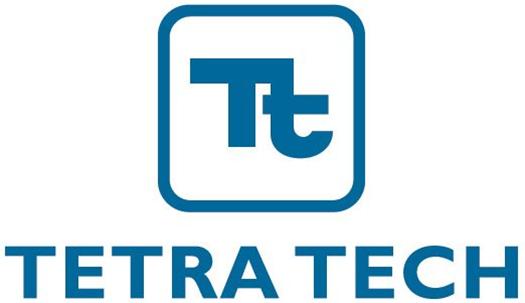

.jpeg)


.png)


